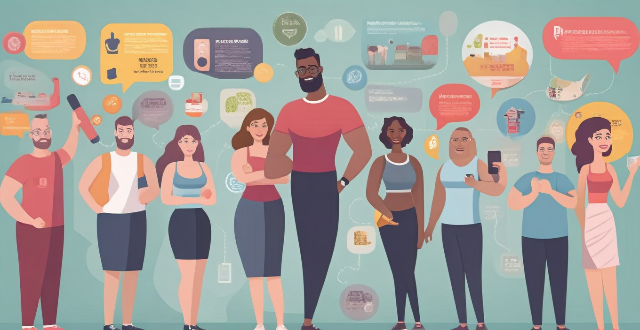Participating in a weight loss support group can be beneficial for many people looking to lose weight and improve their health. However, there are also potential drawbacks that should be considered before joining such a group. These drawbacks include lack of professional guidance, pressure to conform, limited personalization, social dynamics, time commitment, and cost. It is important to consider these potential drawbacks before joining a weight loss support group and seek professional guidance when necessary to make informed decisions about whether a support group is the right choice for your weight loss journey.

Potential Drawbacks of Participating in a Weight Loss Support Group
Participating in a weight loss support group can be beneficial for many people looking to lose weight and improve their health. However, there are also potential drawbacks that should be considered before joining such a group. In this article, we will explore some of these drawbacks in detail.
Lack of Professional Guidance
One potential drawback of participating in a weight loss support group is the lack of professional guidance. While peer support can be helpful, it may not provide the same level of expertise as a trained healthcare professional or registered dietitian. This can lead to misinformation or unsafe weight loss practices being shared within the group.
Pressure to Conform
Another potential drawback is the pressure to conform to the group's norms and expectations. If the group promotes extreme or unhealthy weight loss methods, members may feel pressured to follow suit in order to fit in or achieve similar results. This can lead to negative consequences for both physical and mental health.
Limited Personalization
Weight loss support groups often have a one-size-fits-all approach, which can be limiting for individuals with unique needs or circumstances. For example, someone with a medical condition or specific dietary requirements may not find the advice and strategies provided by the group to be applicable or effective for their situation.
Social Dynamics
Social dynamics within a weight loss support group can also be a potential drawback. Members may experience feelings of competition, jealousy, or judgment from others within the group. Additionally, if the group becomes too cliquey or exclusive, it can create an unwelcoming environment for new members or those who do not fit into the dominant culture of the group.
Time Commitment
Participating in a weight loss support group requires a significant time commitment, which can be challenging for individuals with busy schedules or other priorities. Attending meetings, completing homework assignments, and engaging in group activities can take up valuable time that could be spent on other important aspects of life.
Cost
Finally, participating in a weight loss support group can be costly. Some groups charge membership fees, while others may require participants to purchase certain products or services in order to fully benefit from the program. This can create financial barriers for individuals who are already struggling with the costs associated with healthy eating and exercise.
In conclusion, while participating in a weight loss support group can offer many benefits, it is important to consider the potential drawbacks before joining. By weighing the pros and cons and seeking professional guidance when necessary, individuals can make informed decisions about whether a support group is the right choice for their weight loss journey.